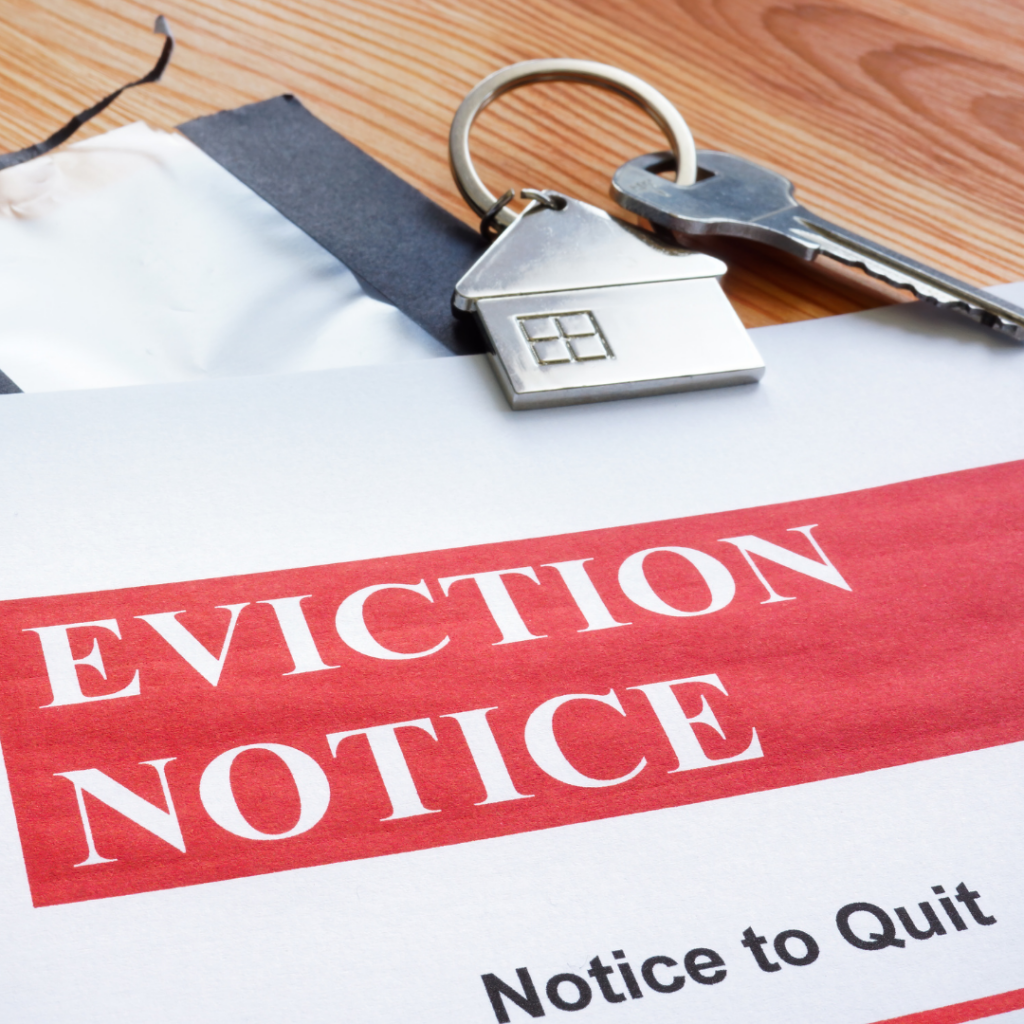
As a burgeoning or established landlord in Wisconsin, the concept of “house hacking” – renting out portions of your property to reduce your mortgage or generate income – can be both exciting and economically empowering. However, it’s imperative to understand the less talked about, yet crucial aspect of property management: the eviction process.
At House Hacking Wisconsin, we stand by the ethos that evictions should be a last resort. A well-managed property with clear communication and robust tenant screening procedures will often preclude the need for such actions. Nevertheless, we believe in equipping you with the knowledge to navigate the complexities of eviction laws should the need arise.
Evictions: A Process Governed by Law
Wisconsin’s eviction laws are stringent, designed to protect both landlords and tenants. To initiate an eviction in Wisconsin, a landlord must have a legal ground. These grounds could include non-payment of rent, violation of lease terms, damage to property, or illegal activities conducted on the premises.
The Step-By-Step Eviction Process
- Lease Violations and Notices: Before proceeding with an eviction, ensure that the lease violation is documented and that you have provided the tenant with a formal notice. In Wisconsin, the notice period varies depending on the lease terms and the nature of the violation. For instance, non-payment of rent typically requires a 5-day notice to pay or vacate, while other lease violations demand a 14-day notice to cure the issue or leave.
- Filing an Eviction Suit: If the tenant fails to rectify the violation within the notice period, the landlord may then file an eviction suit, also known as an ‘Action of Eviction’, with the local court.
- Court Hearing: A hearing will be scheduled, during which both landlord and tenant can present their case. As a landlord, you must provide evidence of the lease agreement, the violation, and the notice given to the tenant.
- Judgment and Writ of Restitution: If the court rules in the landlord’s favor, it will issue a judgment of eviction. Following this, a writ of restitution is obtained, which is the tenant’s final notice to leave the property. It’s crucial to understand that only a sheriff or constable can carry out the physical eviction.
- Handling Tenant Property: Wisconsin laws stipulate how a tenant’s property should be handled post-eviction. Landlords must store the tenant’s belongings for a set period, allowing them the opportunity to claim their possessions.
When Evictions Become Necessary
House Hacking Wisconsin is here to assure you that while the hope is never to resort to eviction, it’s a necessary component of the landlord’s toolkit to maintain order and ensure the viability of your real estate investment. Evictions, when carried out within the bounds of the law, serve as a mechanism to uphold the integrity of your rental agreement and the condition of your property.
House Hacking Wisconsin: Your Ally in Real Estate
As your partner in house hacking, House Hacking Wisconsin is dedicated to providing you with the resources and guidance to make your venture successful. Whether it’s understanding tenant laws, navigating the eviction process, or exploring the exciting prospects of house hacking, we’re here to assist you every step of the way. Our commitment is to ensure you are well-informed and confident as you embark on this journey.
If you find yourself facing an eviction scenario or are simply curious about the intricacies of house hacking, don’t hesitate to reach out. We’re not just here to inform — we’re here to support your real estate aspirations. Contact House Hacking Wisconsin for insight, advice, or to jumpstart your house hacking adventure.
Note: The information provided here is for educational purposes and should not be considered legal advice. We recommend consulting with a legal professional for specific advice regarding your situation.
